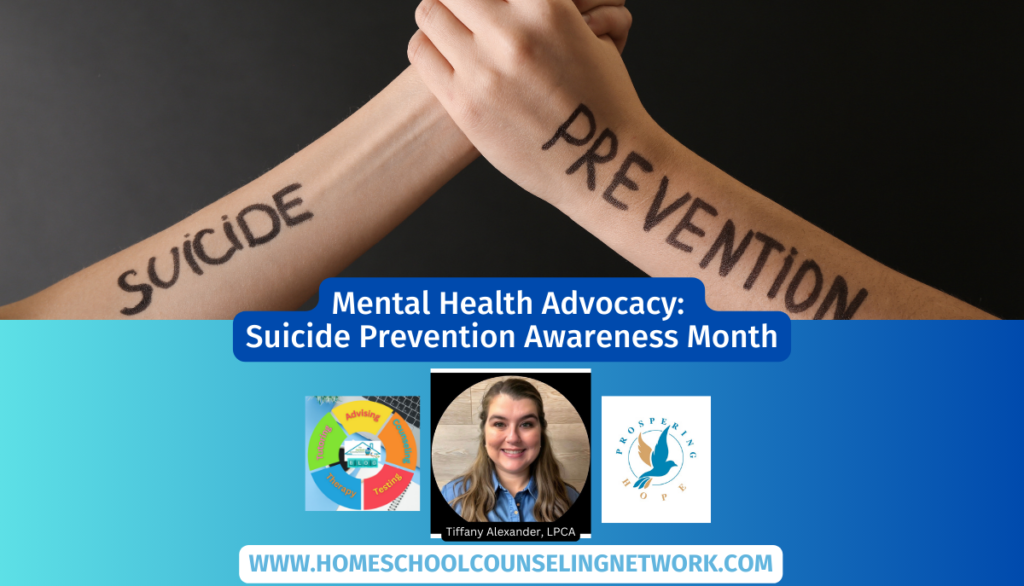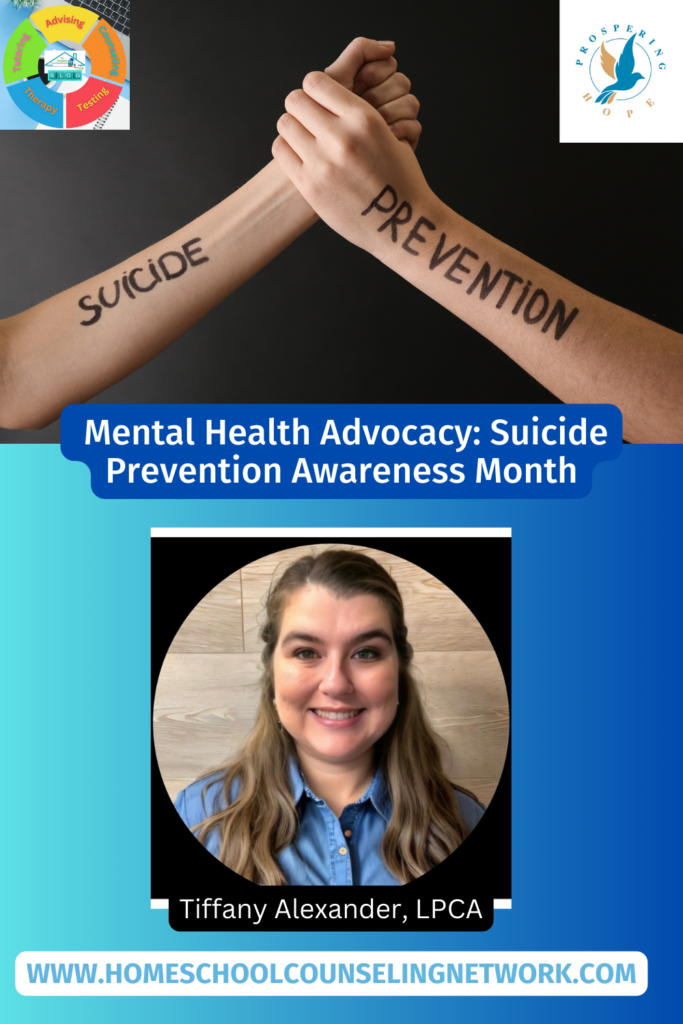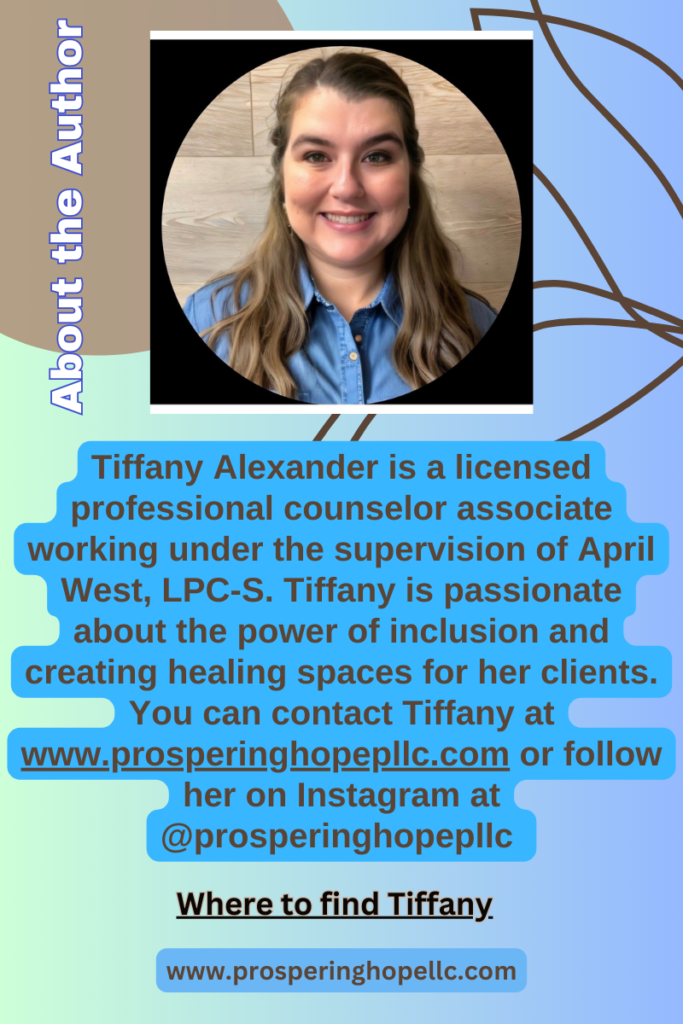Mental Health Advocacy: National Suicide Prevention Awareness Month

September is National Suicide Prevention/Awareness Month.
As we remember all who have been lost to suicide, it’s easy to begin to wonder why they didn’t reach out for help. There seems to be a multitude of services for those who are struggling, and trained professionals who can assist. Yet, people still suffer alone, and take their own lives.
Overcoming Stigma
One of the reasons that people may feel that they are unable to get help is the stigma surrounding mental health and suicide. The stigma can manifest in a lot of ways, including judgment and misunderstandings. This can lead to shame, isolation, and fear, making it even more difficult for someone who is struggling to reach out and accept help. Helping someone who is having thoughts of self-harm/suicide can be challenging, but support can make a world of difference in their journey.
Offering Support
Here are some steps you can take to support someone who is struggling with suicidal thoughts.
First, take them seriously. Even if their comments to you seem like they are downplaying their thoughts, by taking them seriously it conveys to them that you care about them and their wellbeing, which sends the message that they are not alone. A crucial message for someone who feels alone in the world.
Next, listen with compassion and openness. Let them talk about how they are feeling without judgment or interruption. Another important step is to not offer solutions to their struggles, your most important contribution is simply being there and listening.
While listening, it’s okay to ask direct questions about the individual’s state of mind. Asking directly shows that you care about the individual and are open to talking about suicidal ideation with them. This sends a powerful message that they are not alone and they are cared about.
A direct question may look like, “Are you thinking of ending your life?” or “Do you have a plan on how to take your life?” If the person does not have a plan or access to a plan, helping them find resources for care is a great step to encourage them to keep fighting those thoughts. If they do have a plan and access to that plan, they are in immediate danger and emergency services should be contacted straight away.

Staying Connected After Intervention
After treatment, both emergency treatment and engaging in therapy, it can be difficult to have the words to support people who went through a crisis. You can support them by being nonjudgmental about their treatment.
One of the ways to do this is by checking up on them and inviting them to do “normal” things. Inclusion and building a community is an important part of recovery.
Lastly, take care of yourself because providing this kind of support can be very emotionally taxing. If you find yourself feeling the need to isolate, or that you are overwhelmed, or feeling confused about how to feel, it’s important to remember that these feelings are valid and important. Set boundaries to maintain your well-being if needed, because tomorrow needs everyone.
About the Author

Want To Write For Us?
Learn more about how you can become a guest blogger for The Homeschool Counseling Network here.

Let’s Keep In Touch
Be sure you do not miss a blog post by signing up for our newsletter or joining our Facebook group.
Blessings,
Kimberly Bennett, LPC
Founder/CEO It’s Only Homeschooling
Founder/CEO The Homeschool Counseling Network

This website is not a professional counseling website and nothing here should be construed as professional counseling advice. Although Kimberly Bennett, LPC is a Licensed Professional Counselor, she is not your counselor, and no counselor-client relationship is established unless she has signed an agreement with you. All information provided through this website is for informational and educational purposes only.